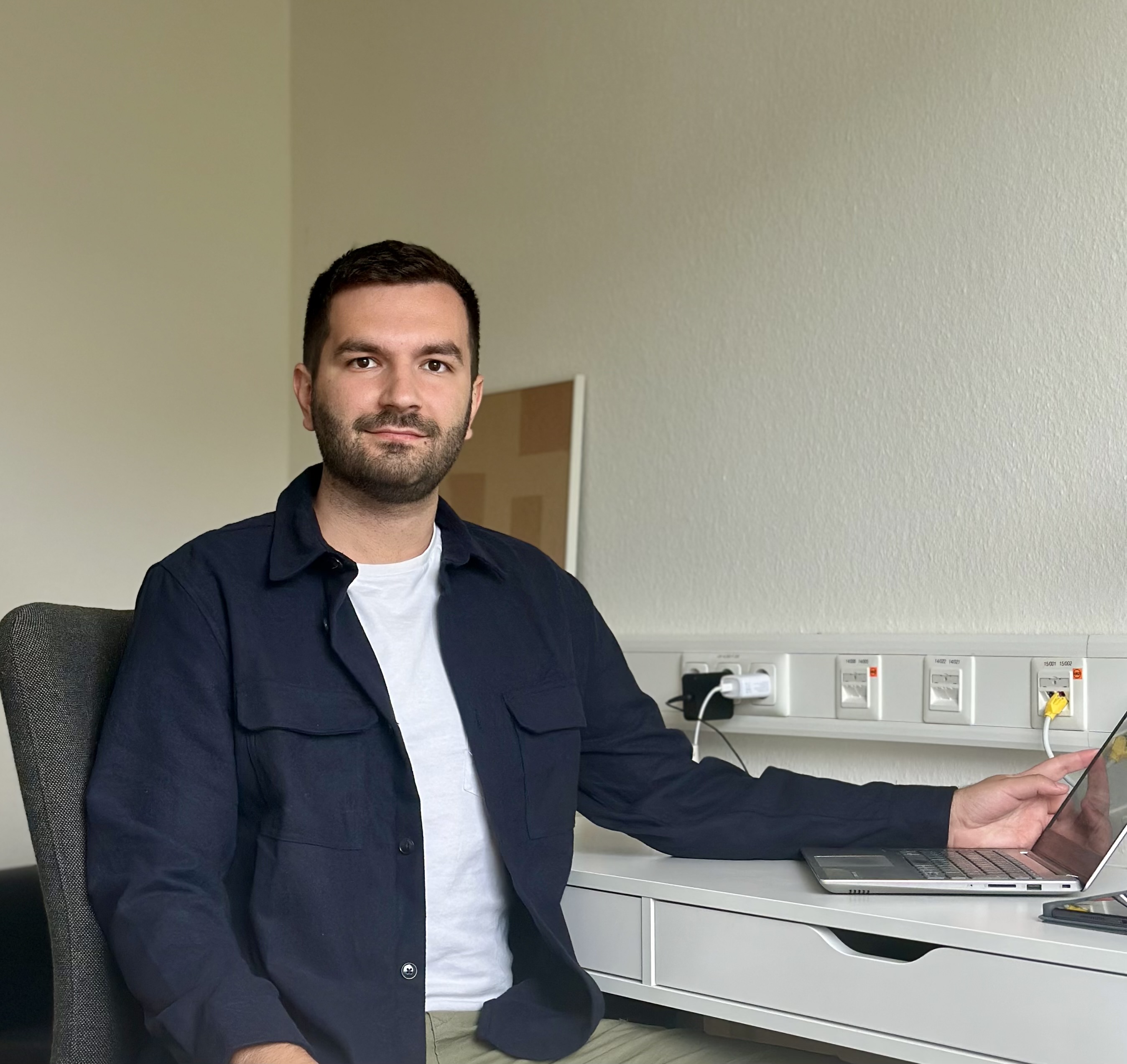Talent Management Academy
Talent management is no longer a luxury reserved for large corporations. In today’s dynamic and unpredictable business environment, where labor market changes are a daily reality, organizations that want to achieve stable growth and competitive advantage must know how to identify, develop, and retain talent. This is not an option; it is a condition for sustainability and success.
That’s why we developed the Talent Management Academy – an educational program that offers concrete tools, knowledge, and strategies for identifying, developing, and retaining key people in the organization.
Talent management is not the same as traditional human resource management. While HR often deals with operational tasks – administration, records, and basic hiring processes – talent management is a strategic process that places key people at the center of long-term business development.
Who is the Talent Management Academy for?
HR Specialists
who want to expand their competencies and specialize in the field of talent management
Team Leaders
who take daily responsibility for the development of their employees
Business Owners
who do not have a formal HR department, so strategic people management becomes their task
Future Professionals
who plan a career in human resources, employer branding, or organizational development
Why Choose the Talent Management Academy?
Modern Model
The Academy applies a talent management model developed according to the latest business and HR trends.
Protected Methodology
The program is based on an original model legally protected as intellectual property and certified with a registered trademark.
Secure Verification
Certificates are issued with a unique number and allow online authentication at any time.
Practical Application
Participants work on creating their own talent management strategy during the program, which they can immediately apply in their companies.
Direct Mentorship
The program is led by the model’s author, enabling direct knowledge exchange through sessions, networking, and individual contact.
No Prerequisites
The academy is designed for participants with or without formal HR education or experience.
Flexible Learning
All sessions are held online and recorded, with access for 72 hours after the session — enabling participation from any location and allowing on-demand viewing.
Knowledge Community
Participants join a closed group where they can continue exchanging experiences during and after the program.
Program by Modules
Module 1: Talent Management Process Model
The introductory session provides an overview of the entire talent management process through a presentation of a protected model covering nine key activities. Participants learn the difference between operational HR and strategic talent management, analyze the reach of TM, and understand its impact on organizational growth and development.
Module 2: Creating a Talent Management Strategy
This session focuses on learning how to develop a talent management strategy aligned with the company’s overall business strategy and competitive direction. Participants begin work on their personal projects, with each subsequent module building upon it.
Module 3: Identifying Key Positions and Creating Ideal Profiles
Participants learn how to identify and map key positions in the organization using the A/B/C classification model. They also gain knowledge in creating the ideal candidate profile — the competencies, skills, and traits needed for strategic roles.
Module 4: Talent Attraction and Employer Branding
This session teaches participants how to create a talent attraction strategy, develop employer branding, and define key messages for target candidates. Topics include labor market research, campaign creation, and building an attractive employer image.
Module 5: Talent Selection and Recruitment
Participants learn about various selection techniques, how to design hiring processes tailored to key positions, and how to lead professional negotiations. They also learn how to craft job offers aligned with organizational needs and candidate expectations, and how to manage communication before, during, and after hiring.
Module 6: Onboarding and Organizational Culture
This module covers how to design and execute a high-quality onboarding process linked with the company’s culture and values. Participants learn how to create onboarding programs that boost engagement, accelerate adaptation, and help retain key employees.
Module 7: Talent Development and Retention
This session focuses on methods for developing individual development plans, motivation strategies, and retention tools. Participants gain techniques that support continuous employee growth and foster organizational loyalty.
Module 8: Succession Planning
Participants are introduced to methods for identifying successors for key positions and creating succession plans that ensure business continuity and long-term sustainability. Tools for tracking potential and developing future leaders are also covered.
Final Exam: Theoretical and Practical Knowledge Verification
The Academy concludes with a combined exam: an online theoretical test and a review of the project developed throughout the modules. Each participant receives individual feedback on their Talent Management Strategy, demonstrating the connection between theory and practice.
Academy Program Details
Duration
The program lasts a total of 2 months
Format
Online Zoom sessions, once a week, 90–120 minutes
Support
WhatsApp group for questions and networking
Requirements
Attendance, strategy development, and final exam
Certificate
Digital and printed version with QR code
Pricing Packages
Early Registration – Individual
- 1 participant
- Register by 31.08.2025
- Option to pay in two installments
Regular Registration – Individual
- 1 participant
- Register by 26.09.2025
- Option to pay in two installments
Early Registration – Group
- 2 or more participants from the same organization
- Register by 31.08.2025
- Option to pay in three installments
Regular Registration – Group
- 2 or more participants from the same organization
- Register by 26.09.2025
- Option to pay in three installments
Talent Management Academy Team
Academy Lead: Dr. Ema Burić
Dr. Ema Burić is an assistant professor at the Faculty of Economics, University of Zenica, and an expert in strategic human resource management and talent management.
She earned her PhD at the Faculty of Economics, University of Tuzla, with a dissertation titled:
"The Role of Talent Management in Achieving Competitive Advantage of Service Companies in Bosnia and Herzegovina."
During her doctoral research, she developed and innovated a nine-phase process model of talent management, which has been tested and applied in practice.
Dr. Burić is the author of numerous academic and professional papers in the fields of talent management, organizational development, and human resource management. She has conducted multiple case studies and research projects focused on the practical application of theoretical knowledge in real business environments.
In addition to her academic career, Dr. Ema Burić is the founder and director of the ZENOS Marketing and Education Agency Ltd. Zenica, and co-founder of the Women’s Institute for Entrepreneurship and Skills (WISE) in Vienna.
By combining scientific knowledge and practical application, Dr. Burić provides Academy participants with immediately applicable skills in real business contexts.

Academy Collaborators





